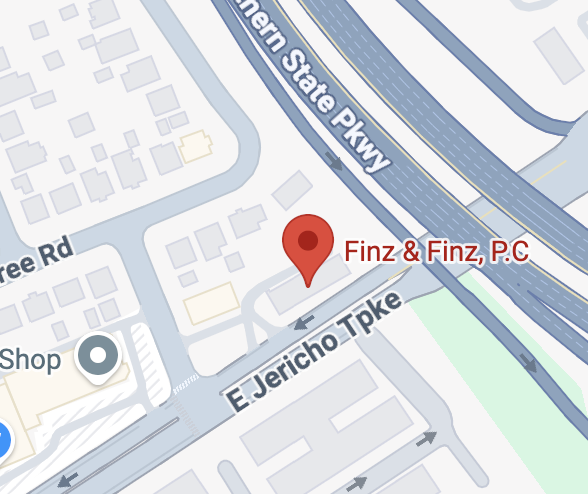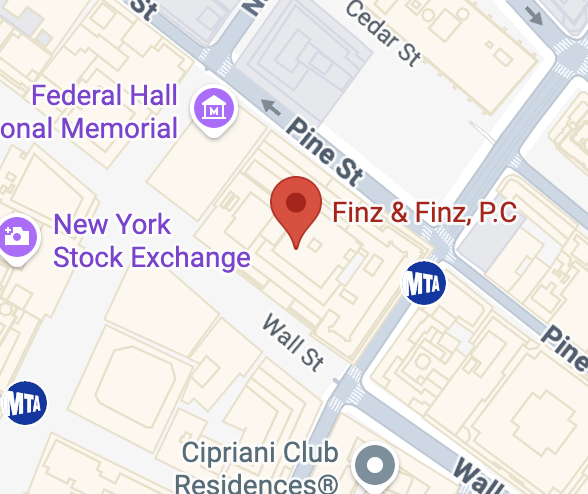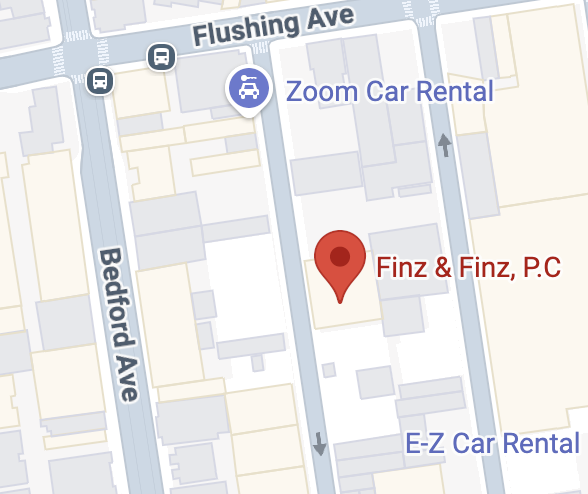Your child needs a potentially life-saving drug and you are expected to pay up to $300 for every dose. Many parents have been faced with this exact situation since news broke that the price of an EpiPen jumped dramatically over the past few years. Now, both parents and government officials are calling on Mylan, the company who manufactures the EpiPen, to make changes, and for federal agencies to investigate the company’s pricing practices.
EpiPens are vital to those who suffer from severe allergies to certain types of food such as nuts and fish, as well as the venom from a bee stings. This type of allergic reaction can cause a person’s tongue or throat to swell, leading to shortness of breath and more serious breathing difficulties. It is known as anaphylaxis, or anaphylactic shock. If left untreated, it can be fatal. An immediate remedy is a dose of epinephrine to counteract the effects. This is where the EpiPen comes into the play. The pen, which is actually the size of magic marker, delivers the life-saving medication by jamming it into a person’s thigh.
Parents with children who suffer from these very serious allergies carry EpiPens at all times and make sure their child’s school has one on hand in case of an emergency. Each pen contains two doses of epinephrine. In 2008, the cost of one Epipen was around $100. Since then, the price has risen to over $500. A 400 percent increase on any product will raise eyebrows, but when it involves a drug that is a medical necessity to millions of American, people speak up.
Mylan is the only pharmaceutical company that manufactures this type of treatment. The company’s one competitor faced a major recall of their product last year, which left Mylan practically alone in the field. Plus, there is no generic version of the EpiPen, giving consumers no alternative to the high price. The drug itself is extremely inexpensive but the method of administering the drug is not. Plus, the EpiPen expires after one year so even if the doses were not used, a new device needs to be purchased.
This week senators from Iowa, Connecticut and Minnesota called on Mylan to reduce the cost of the EpiPen, and requested that the Federal Trade Commission start investigating how the company could justify the high cost of something so vital to so many people. According to the Centers for Disease Control, around 6 percent of children suffer with food allergies, and close to 20 percent have a reaction from something they ate at school.
Mylan’s initial response to the uproar over pricing focused on the number of EpiPens it has provided to schools in the last three years and that it offers discount coupons on its website. The company’s explanation for the price jump is ongoing improvements to the product, but many consumers feel whatever changes have been made do not justify such a large surge in price. As the outrage increased, Mylan announced the family income level would be raised in order to qualify for assistance, and patients with a high insurance deductible would have access to a coupon covering up to $300.
Despite these changes, the actual price of the Epipen will not change, meaning the cost will be picked up by insurance companies and employers so consumers will be stuck with higher premiums. This is still a problem for critics of Mylan, especially considering in 2015 the company made a $1.2 billion profit from the sale of the EpiPen and the CEO earned just under $19 million.
Medication and the medical field are complicated issues. When something goes wrong you need a knowledgeable and experienced attorney to stand by you and take on those who put your health at risk. If this is you, please to not hesitate to call Finz & Finz P.C., today.





























